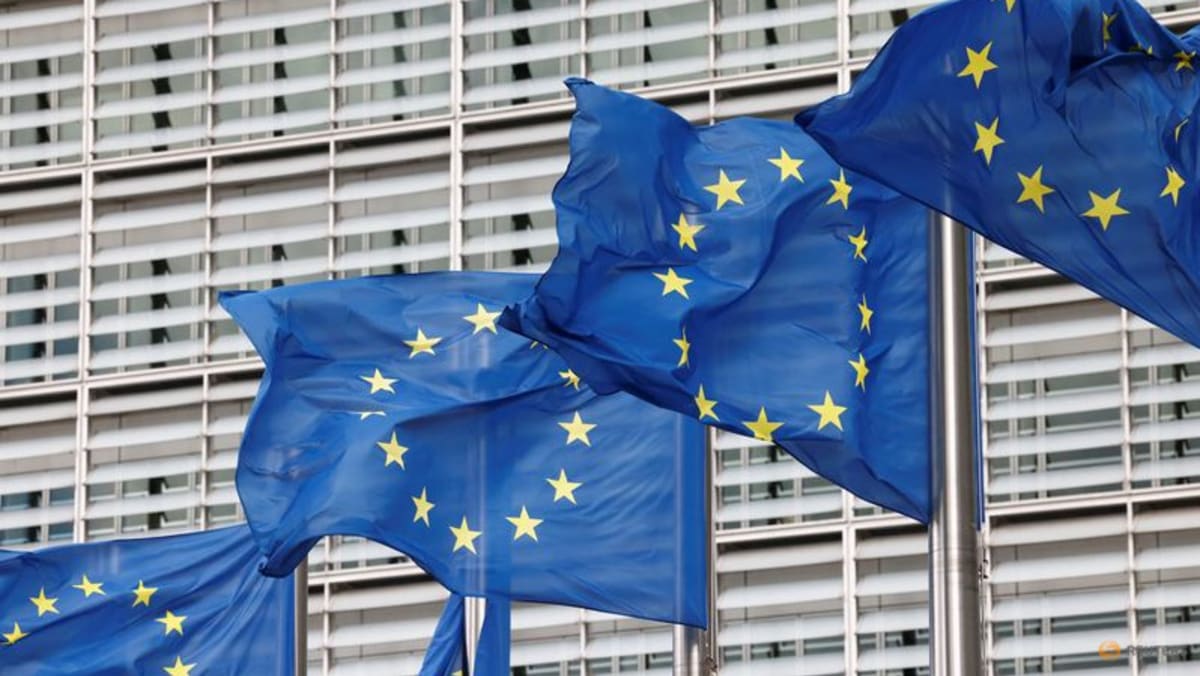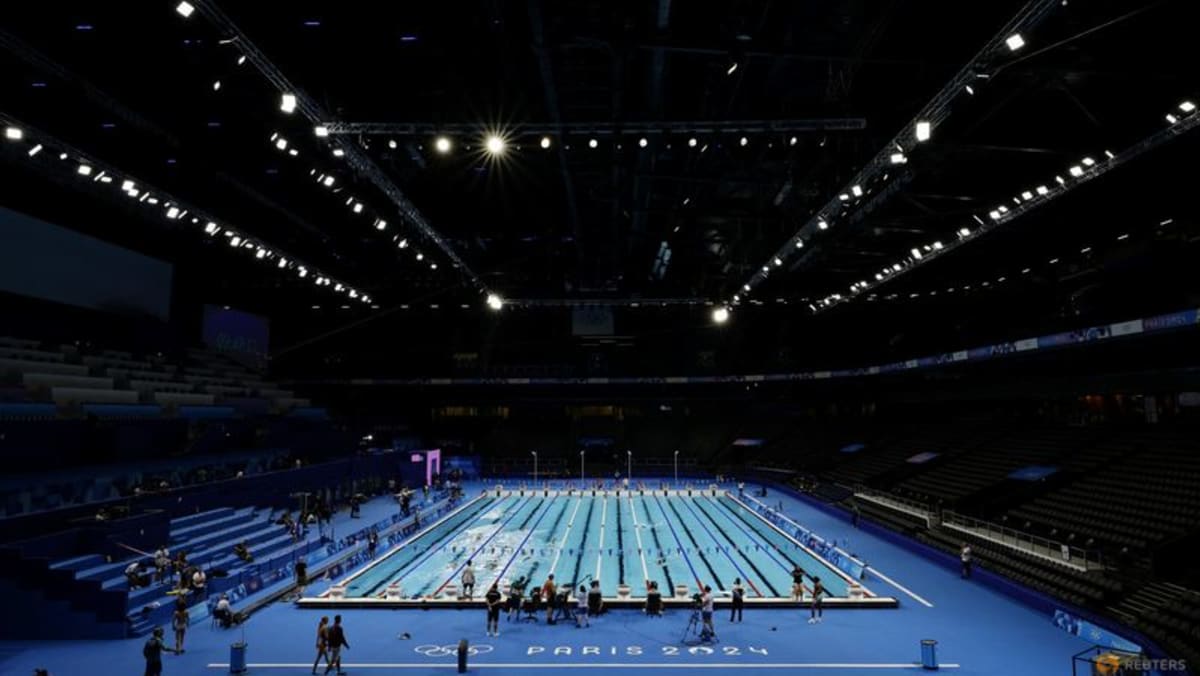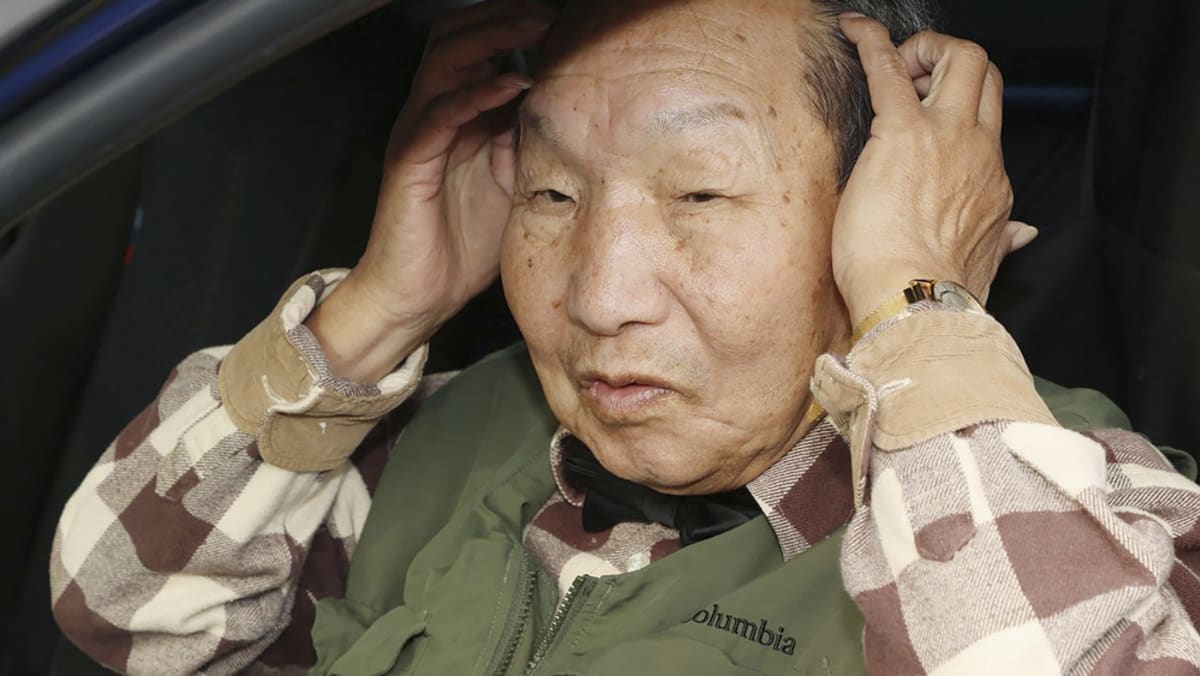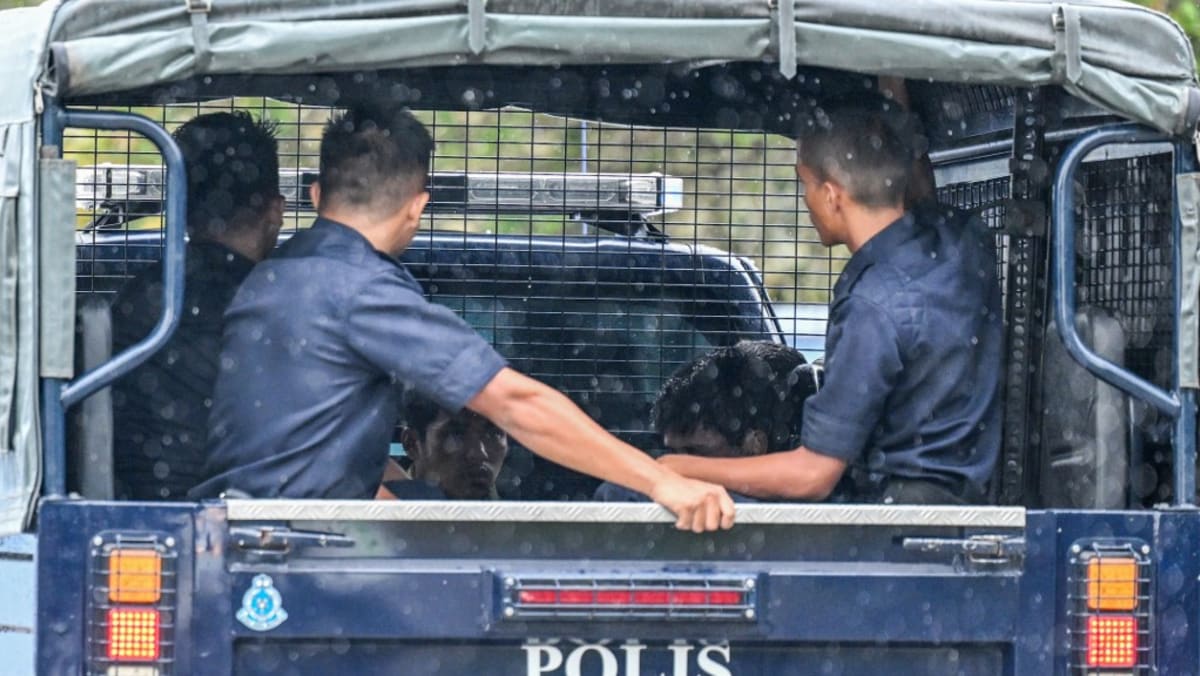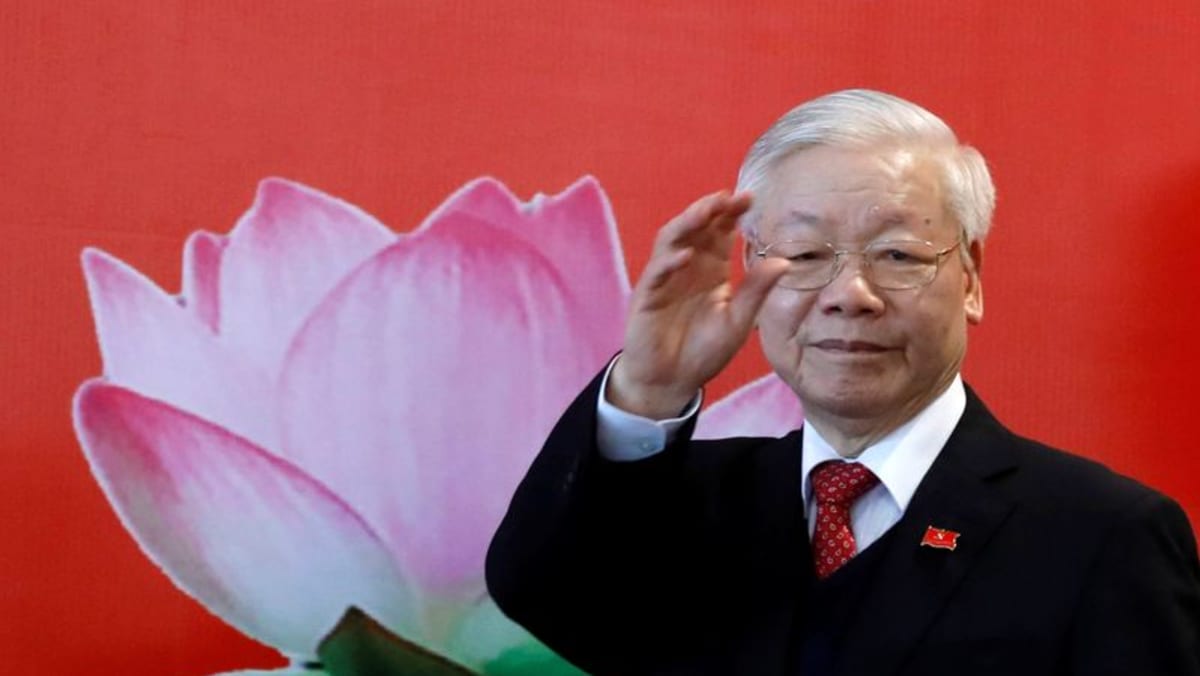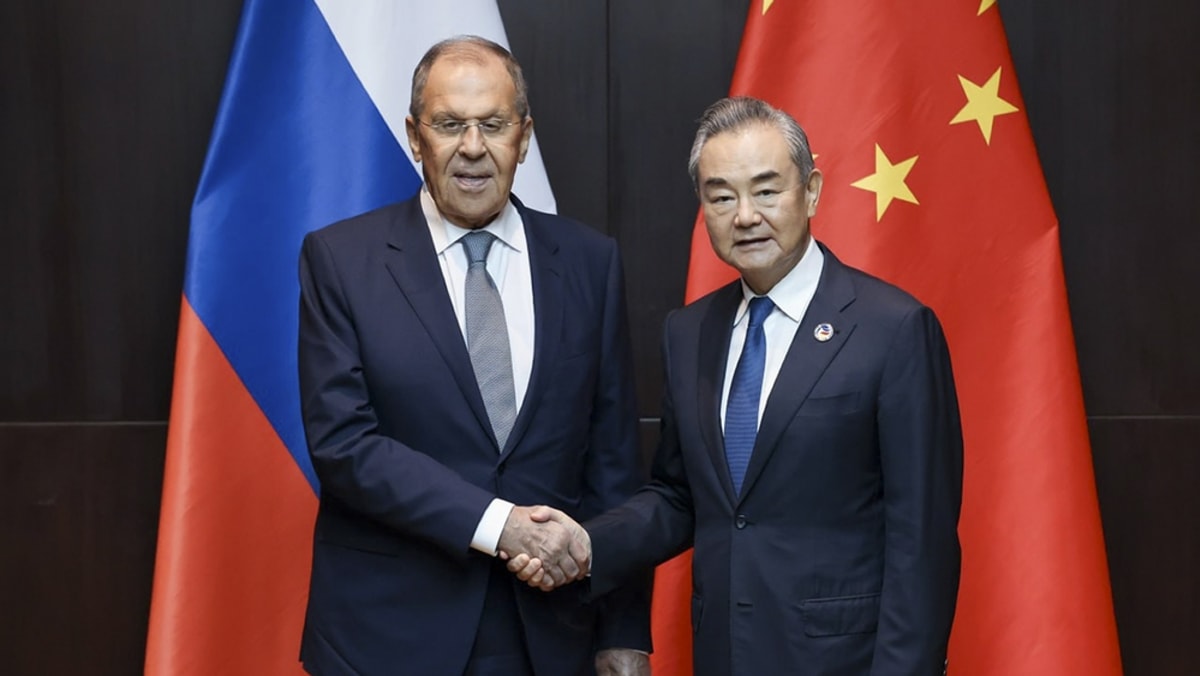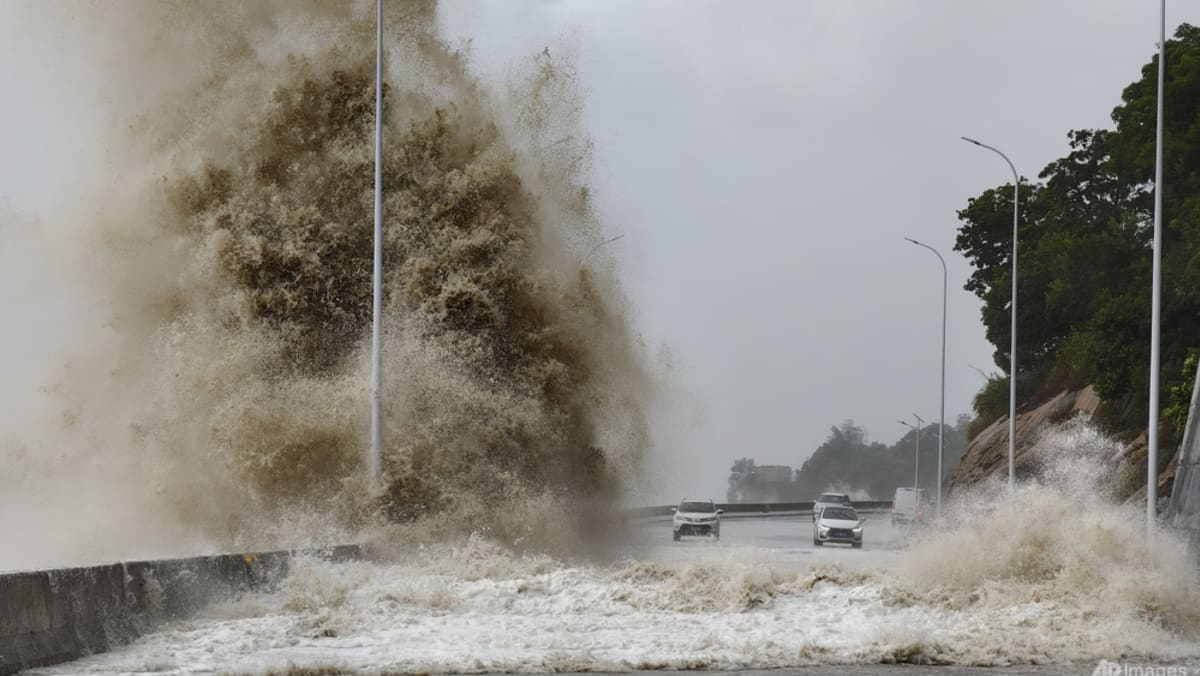Hakamada’s supporters say his decades of detention, mostly in solitary confinement with the ever-present threat of execution, took a heavy toll on his mental health.
In a 2018 interview with AFP, Hakamada said he felt he was “fighting a bout every day”.
He had initially denied the charges, but then confessed – following what he later described as a brutal police interrogation that included beatings.
His attempts to retract his confession were in vain and his original verdict was confirmed by the Supreme Court in 1980.
But Hakamada continued to maintain his innocence. His sister Hideko, now 91, has tirelessly pleaded with the public to review the case.
After a prolonged battle, a district court in Shizuoka granted a retrial in 2014 and issued a stay for Hakamada’s incarceration and the death penalty.
Tokyo’s High Court overturned the lower court ruling four years later.
But the legal back-and-forth wasn’t over: In 2020, the Supreme Court ruled that the Tokyo High Court must reconsider its decision, and last year the High Court ordered a retrial.
Hakamada’s plight has attracted deep public sympathy, with even national lawmakers forming a special group to offer their support.
During the retrial, Hideko took the central role in defence of her sickly brother.
